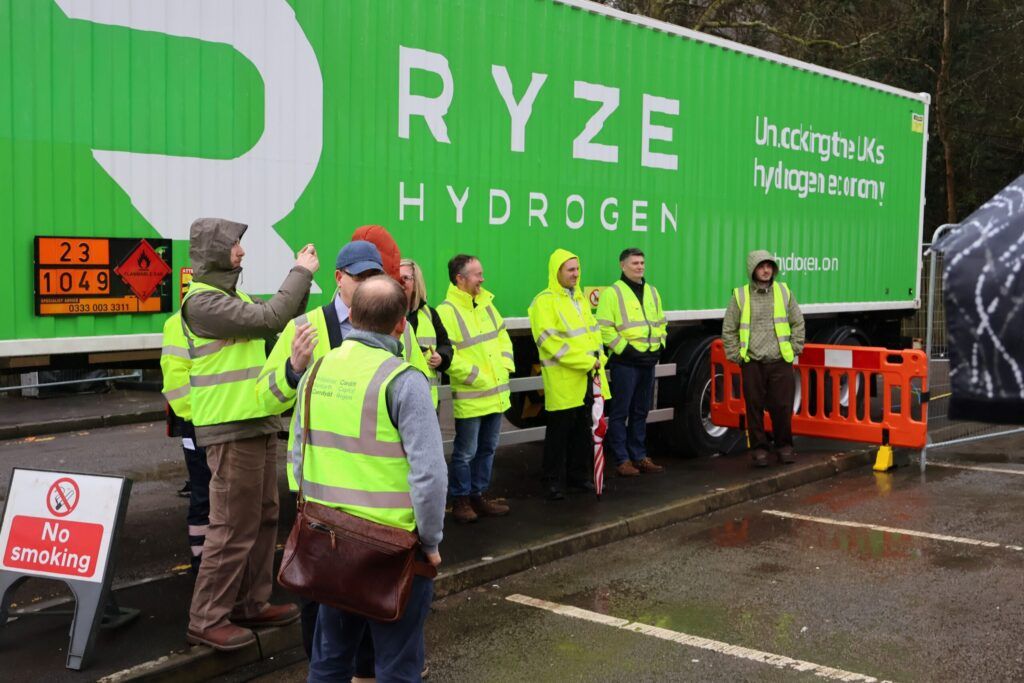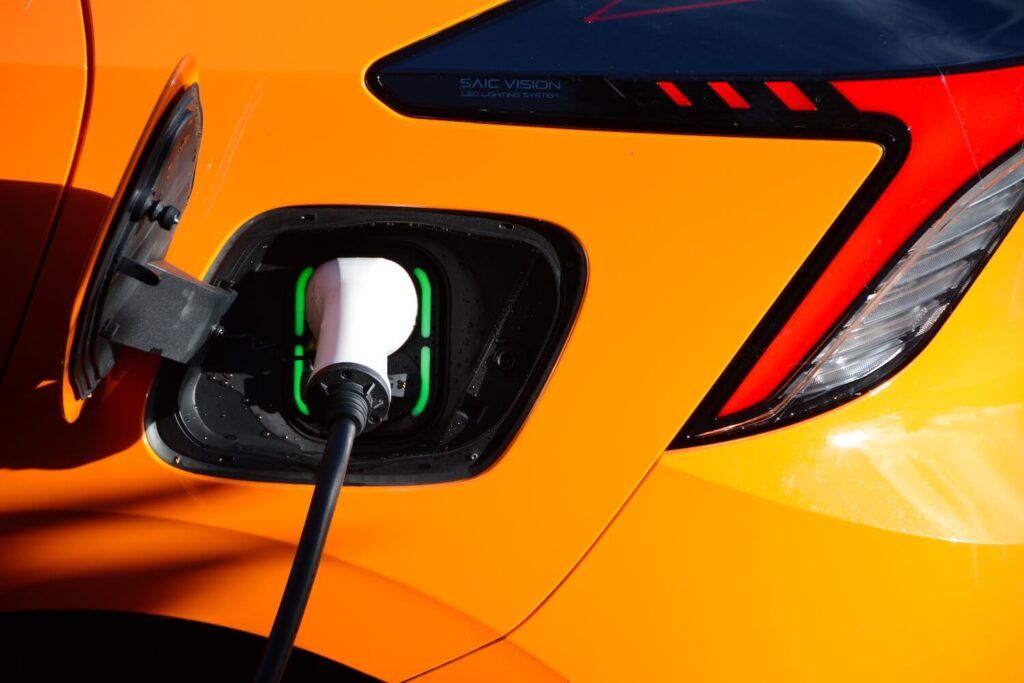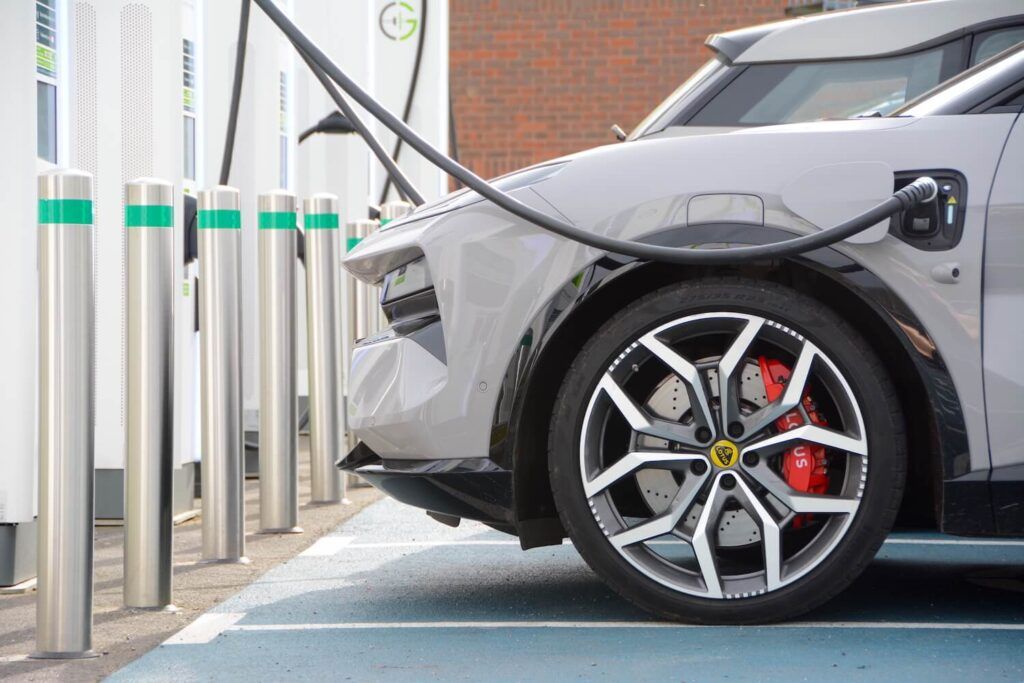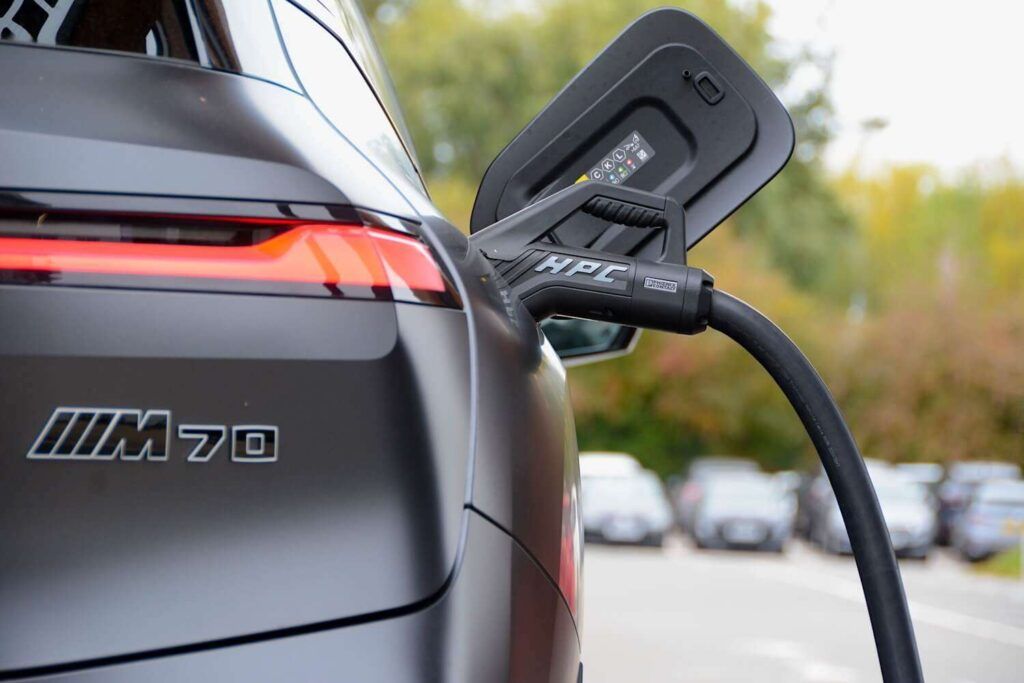Intelligent Energy (IE) has secured a £17m programme to develop a zero-emission hydrogen fuel cell system to power commercial aircraft.
The award is from the ATI Programme, a partnership between the Aerospace Technology Institute (ATI), the Department for Business & Trade and Innovate UK.
It will support Project HEIGHTS – a three-year drive to develop IE’s current 300kW modular aviation fuel cell platform for use in next-generation aircraft.
Initial applications include Electric Vertical Take-off and Landing (eVTOL) aircraft and short-range commuter planes. IE’s new fuel cell system – IE-FLIGHT™ 300 – is expected to enter early service in Part 23 aircraft (with up to 19 seats) by the end of the decade, with scale-up plans targeting larger (Part 25) regional aircraft in the 2030s.
The project addresses the key challenge with traditional fuel cell systems – how to keep the fuel cells at the correct operating temperature without introducing significant aircraft drag from cooling systems.
It is supported by the University of Sheffield Advanced Manufacturing Research Centre (AMRC), Coventry University and the Manufacturing Technology Centre (MTC).

A switch to fuel cell systems across eVTOL, sub-regional and regional aircraft, as well as Auxiliary Power Units (APUs) on larger aircraft, could reduce CO₂ emissions by up to 25.6 million tonnes per year.
IE estimates the total market value – encompassing both sales and servicing revenue – is £19.6 billion, and scaling up production could create as many as 1,600 new jobs.
The firm is also expanding its UK operations. In addition to its manufacturing base in Loughborough, the company is enhancing its test and validation capabilities with a new £7.1 million fuel cell test centre opening this summer in Northamptonshire.
David Woolhouse, Intelligent Energy CEO, said:
“This programme is about getting hydrogen-powered aircraft in the air, and into service at scale, as quickly as possible.
“We firmly believe that hydrogen will be the primary energy source for flight, initially for smaller aircraft but in the longer term for everything that flies. At Intelligent Energy, we have the IP built on 24 years’ experience to give us confidence that we can be the technical leader in this sector. This project supports us in making our modular system even smaller, lighter and more scalable.”
“We are expanding at pace because the UK has a once-in-a-generation opportunity to consolidate its global lead in hydrogen aviation and build a strong domestic manufacturing capability. The hydrogen economy for aviation will be a major industrial sector, and this support from ATI helps to keep our technology here in the UK.”
Jacqueline Castle, Chief Technology Officer at the Aerospace Technology Institute said:
“Hydrogen as a fuel source is an essential part of the ATI’s technology roadmaps for future power and propulsion systems. We are delighted to be supporting Intelligent Energy’s HEIGHTS programme, which builds upon its prior expertise in fuel cell development to encompass novel means of addressing thermal management challenges associated with aircraft integration.
“The ATI’s FlyZero project identified the need for high-temperature fuel cell systems and world-class expertise on thermal management within the UK. This project brings the two together to develop what we expect to be a compelling, power dense solution for zero-carbon flight.”
Image courtesy of Intelligent Energy












